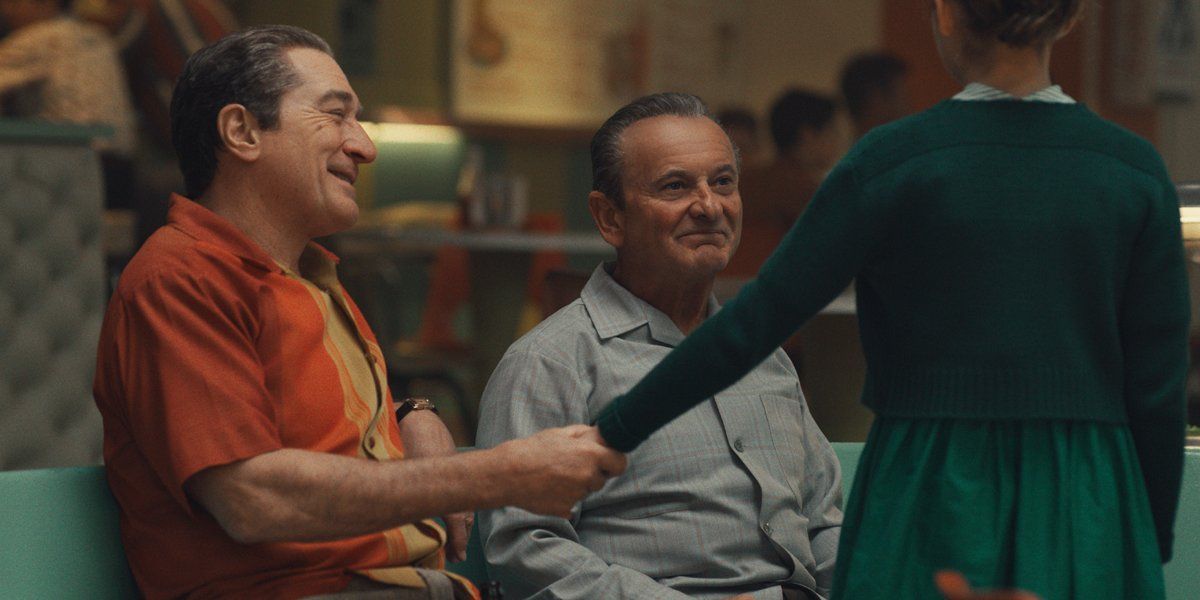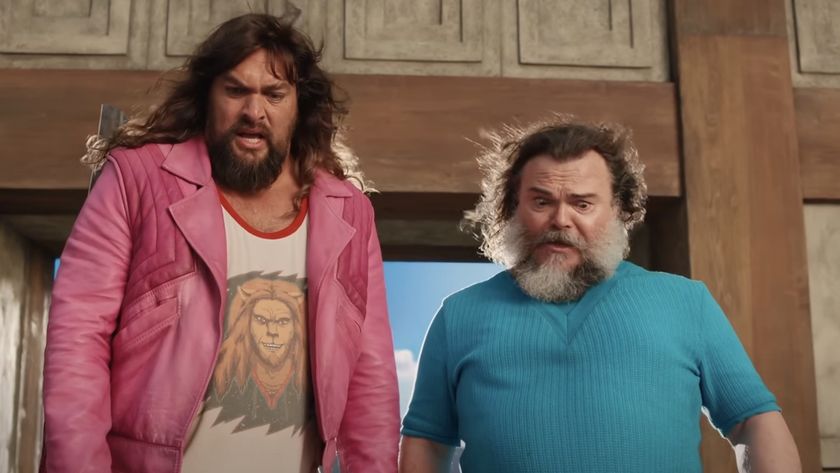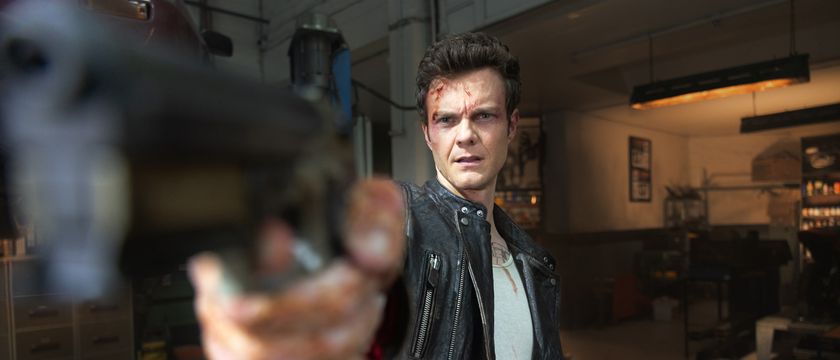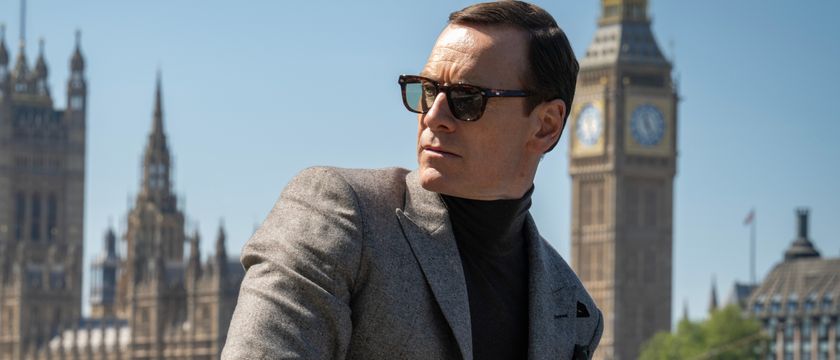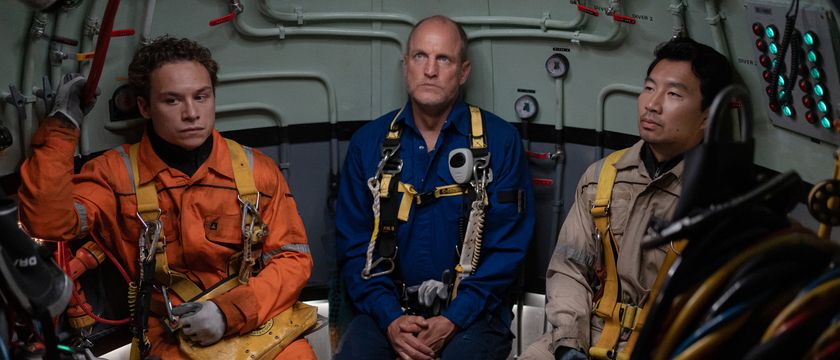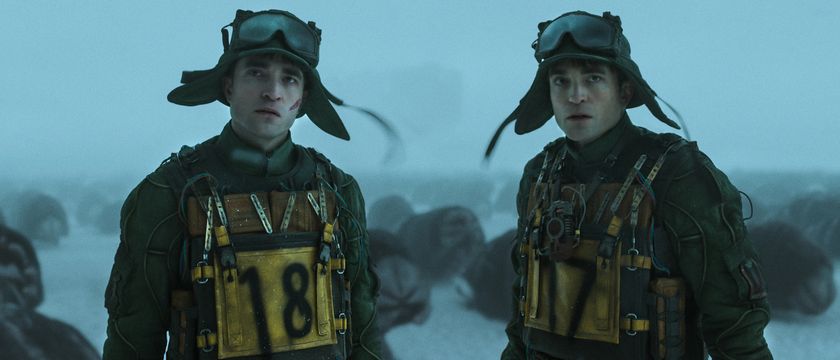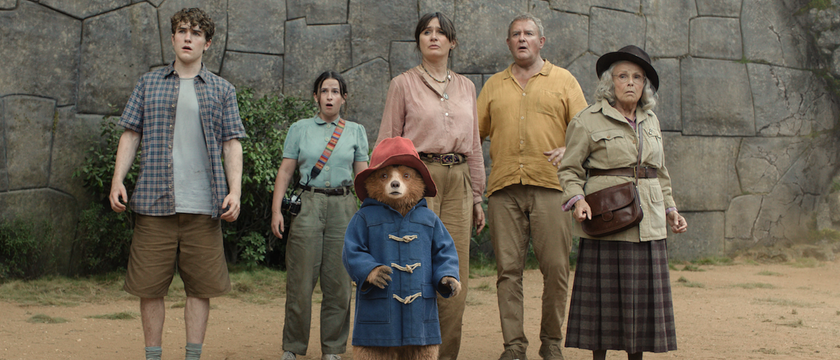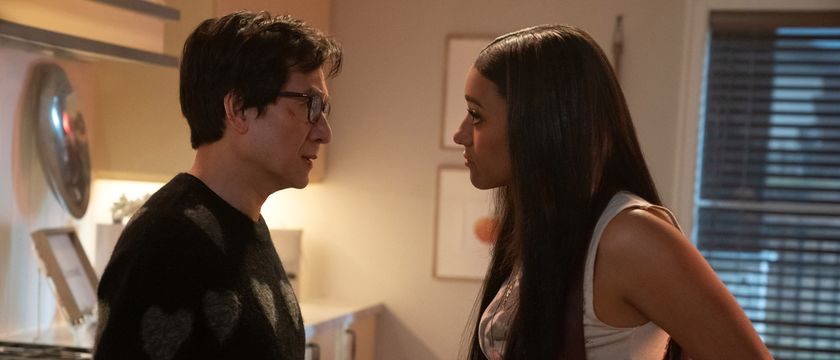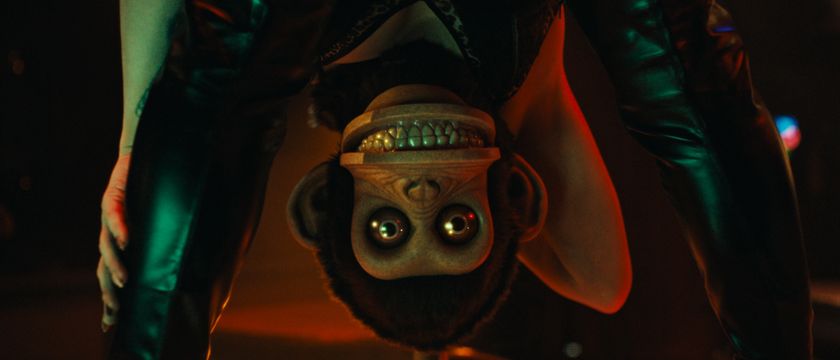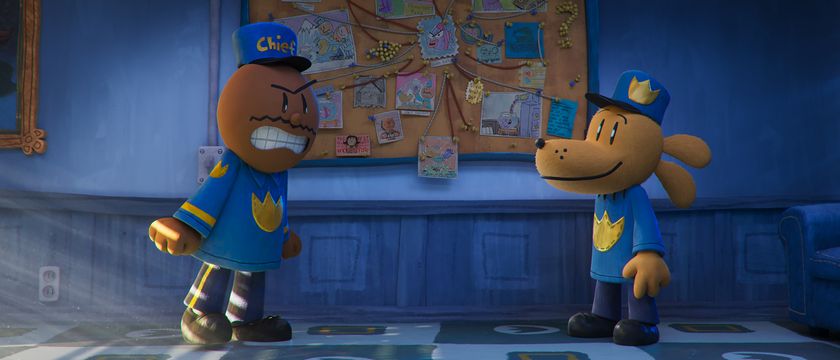The fact that Martin Scorsese’s The Irishman exists is by itself really a miracle of modern moviemaking. There is no other cinematic era in which a project like this could have come together – a mixture of having expanded storytelling real estate, and practically god-level visual effects – and it’s hard not to be in awe of the achievement.
It’s a film that ultimately feels like it needed every second of its 15 years of development, and while one could make the argument that it is a touch on the indulgent side (particularly pointing to the oversized 209 minute runtime), the genius of it is just how captivating it is from end to end. Outfitted with brilliant performances from some of the most talented actors around, it’s a gangster movie unlike anything you’ve ever seen before, and one that only a genius like Scorsese could deliver.
Adapted from the non-fiction Charles Brandt book "I Heard You Paint Houses" by screenwriter Steven Zaillian, The Irishman is a sweeping tale that looks back on almost the entirety of the 20th century through the eyes of Frank Sheeran (Robert De Niro), who we first meet as a lonely septuagenarian living by himself in a retirement home. His story unfolds in non-linear fashion, tracing his life from his time as a soldier in World War II through his rise as a powerful union official and member of the Bufalino crime family – a particularly detailing his time working alongside one of the most influential figures in American history, Teamster leader Jimmy Hoffa (Al Pacino).
As Frank navigates the waters of an immensely tumultuous and dangerous world, his loyalty is tested, his boundaries are pushed, and his relationships are strained, all in the name of working to craft a better life for himself and his family.
Between Mean Streets, Goodfellas, Casino, and The Departed, Martin Scorsese has already firmly established himself as the master of the gangster film, but The Irishman is larger in scale than anything he’s ever done before, and it’s stunning just how utterly captivating it is at every moment. While this certainly is a story that features more than a few shocking and violent moments, as Frank Sheeran was very far from a pacifist, they are hardly what drives the movie. The gunshots and death grab you, but what holds you is the endless intensity of these characters and choices they are driven to make in the same of prosperity and survival.
What makes The Irishman unique, though, is how it lets the audience become a part of its world on an almost intimate level – an element that is able to come across because of the expanded and epic scope. The fact that Scorsese was permitted to create a three-and-a-half hour experience gave him the freedom to let us see the lives of these kinds of characters in a way we’ve never seen before, and it heightens everything about the storytelling. Watching Frank be torn between his loyalties to the crime family that made him and to Jimmy Hoffa is made wrenching by our time spent watching those relationships grow over decades.
Netflix’s permittance to let The Irishman exist in its grand, expansive form is half the equation that only now lets the film be everything that it can be – and the other half is the remarkable advances and application of truly stunning and groundbreaking visual effects. In the past, the only way to pull of something like this would have been to hire three different actors to play certain parts, or make use of crazy, elaborate make-up. Through the magic of technology, though, we now have results that are both more consistent, and more convincing.
You’d think that the non-linear storytelling would hurt the film in this regard, as the movie regularly uses the particular age of the characters as a means up defining when a particular scene takes place, and that means extra scrutiny. But it’s further proof how phenomenal it is that this system totally works. The digital effects are a bit distracting at first, as your brain requires a certain adjustment period to seeing Robert De Niro on screen looking 40 years younger, but as you get into story it’s shocking just how seamless it becomes.
Of course, the visual effects don’t work if you’re not convinced by the performances underneath… but that’s where it helps that Martin Scorsese has assembled what is the best ensemble cast of his career. Collaborating with the director for the first time in nearly 25 years, Robert De Niro is truly back in top form here, taking audiences on an emotional journey through a deeply complicated life, and convincingly disappearing into the part every step of the way. As the bombastic Jimmy Hoffa, Al Pacino is giving free reign to do what he does best – go seriously big at every opportunity – and his contrasting energy opposite De Niro’ Sheeran results in much of the movie’s best drama.
At the crossroads of everything great about The Irishman, though, is the work done by Joe Pesci – which is simply next level. It’s a supporting role in the most literal sense, as he plays Russell Bufalino, the man who befriends Frank Sheeran and takes him under his wing in the Bufalino crime family, but it’s remarkable to see what he’s able to do injecting nuance into the part, particularly because he’s been almost entirely absent from the acting world for the last 20 years. The very real love that Russell has for Frank is palpable and essential to the story being told, and it’s performed in a way nobody other than Pesci could do.
The Irishman is getting a small theatrical run before it goes to permanently live on Netflix, and it’s truly the presentation that the film demands. At home it’s easy to hit the pause button for bathroom breaks, or occasionally check alerts on your phone, but this is a film that is built to be lived in, and that’s going to be accomplished nowhere better than in a dark theater. It’s definitely a lot of movie, but it’s a singular experience crafted with ever-stunning expertise by one of the greatest directors of all time.

Eric Eisenberg is the Assistant Managing Editor at CinemaBlend. After graduating Boston University and earning a bachelor’s degree in journalism, he took a part-time job as a staff writer for CinemaBlend, and after six months was offered the opportunity to move to Los Angeles and take on a newly created West Coast Editor position. Over a decade later, he's continuing to advance his interests and expertise. In addition to conducting filmmaker interviews and contributing to the news and feature content of the site, Eric also oversees the Movie Reviews section, writes the the weekend box office report (published Sundays), and is the site's resident Stephen King expert. He has two King-related columns.
